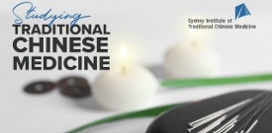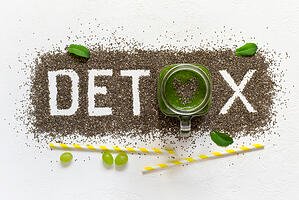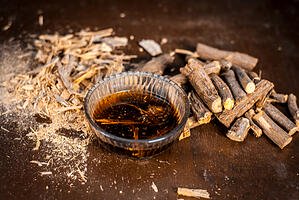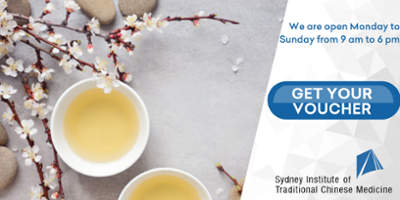In traditional Chinese medicine, the pregnant woman is regarded as a person who should be taken care of in a unique way. During pregnancy, a lot of hormonal changes take place that not only weaken the woman’s defences but might also put the child she carries at risk. Therefore, traditional Chinese medicine takes care of not only the expectant woman but also the unborn child.

While western medicine also focuses on both the woman and the unborn baby, the TCM approach is more holistic. TCM medicine for pregnant women involves daily regimes, special diets, exercises, and an observation of the woman’s emotional well-being. Here are top TCM tips to help with pregnancy:
1. Exercise with moderation
TCM observes the need for the woman to be active during pregnancy. However, hard exercises can be aching the woman and put the life of the fetus at risk. A pregnant woman should partake of light exercise routines to help improve the flow of chi and blood in her body. When the flow of chi is at maximum, not only the life of the woman gets better, but also the life of the fetus. TCM does not encourage strenuous exercises for pregnant women as it can cause premature birth or even abortion.
2. Observe your emotions
Extreme fluctuations of emotions are harmful to the pregnant woman and the fetus. When the woman gets too happy, the heart chi goes down. On the other hand, sadness weakens the kidneys, anger causes a lot of heat in the lungs, and gloom stagnates chi in the spleen. The extremes in emotions interfere with the natural flow of chi and cause fatigue to both the mother and the fetus. You should, therefore, avoid situations that make you either too happy or too sad.
3. Use the right herbs because different herbs have different potency
A pregnant woman must be careful in choosing the herbs she uses during the pregnancy. Even so, the herbs must be used in the right mixture to achieve a safe quality. Herbs that boost digestion, blood flow, and strengthen immunity should be used in the proper dosage.
However, herbs that are used in cleansing and detoxification should be avoided as some herbs might recognise the fetus as a foreign body to be flushed out the system. TCM involves the use of potent herbs. Therefore, the use of herbs during pregnancy must be guided by someone who has experience in Chinese medicine to avoid such cases as accidental abortions or severe discomfort to the woman and prolonged distress to the unborn.
4. Eat healthy food
While choosing food, the woman should eat foods that give her strength. TCM recommends that the woman should not only limit foods to those that appeal to her taste buds. Instead, she should eat foods that favour the growth and development of the fetus. Some of the most recommended foods for pregnant women include;
- Celery
- Eggs
- Fish
- Beans
- Lean meat
- Carbohydrates such as bread, cereals, pasta, and grains
- Fresh fruits and vegetables
- Plenty of water to curb dehydration
The foods above give strength to the woman and supply her with the much-needed energy. They also nourish her health, boost her immunity and fosters the development of the fetus.
The foods that should be avoided during pregnancy include:
- Hot spices as they may cause eczema on the skin of the fetus.
- Cold energy foods such as beans sprouts, asparagus and watermelon as they slow down the activity of the spleen and enzymatic actions in the stomach.
- Oily foods as they cause damage to the spleen because they are hard to digest.
- Salty foods should be avoided after seven months as they cause inflammation.
5. Do not smoke or drink alcohol
The TCM recognises the spleen and the stomach as the sources of Qi energy and XUE blood. For the fetus to grow, it needs a sufficient supply of energy and blood from the mother. When a pregnant woman smokes or takes alcohol the spleen and the stomach will be weakened hence will not produce enough energy and blood to keep the fetus in perfect health. If a mother takes alcohol, the baby will be born with intrauterine toxins which will cause frequent attacks from allergens.
In summary, the TCM observes how vulnerable a pregnant woman is. It, therefore, advocates for these safety tips to help improve the health of the woman not only through pregnancy but also to fortify the life of the baby after birth.
Sydney Institute of Traditional Chinese Medicine ( SITCM) is a leading training institute in the practice of TCM. SITCM is registered by Tertiary Education Quality and Standards Agency and thus has an approved capacity to offer higher education on Chinese medicine.
If you need to practice TCM either for profit or to improve your family’s health, contact us. We will be glad to share the knowledge.
Click below to download our FREE guide on Studying Traditional Chinese Medicine.

